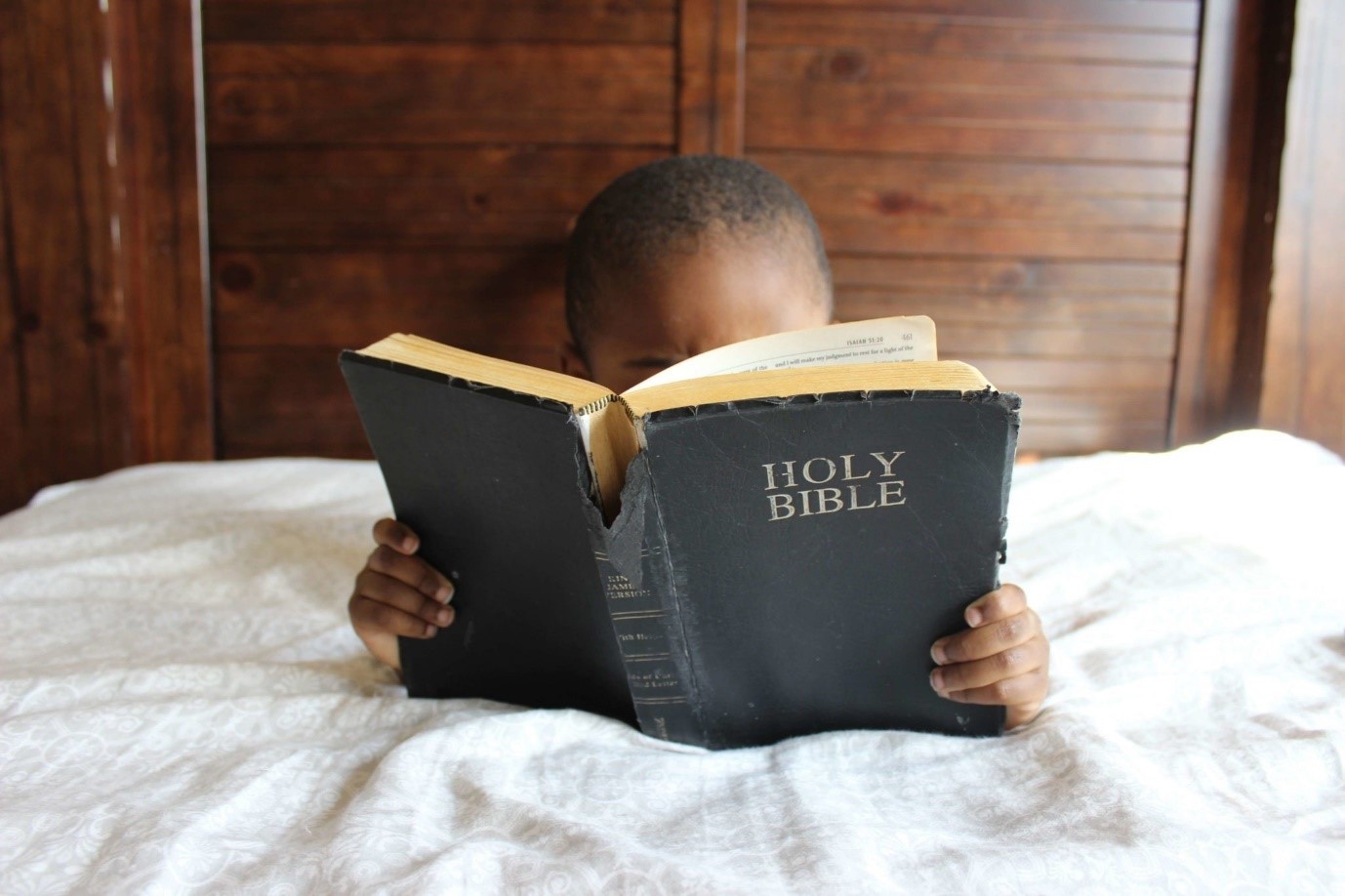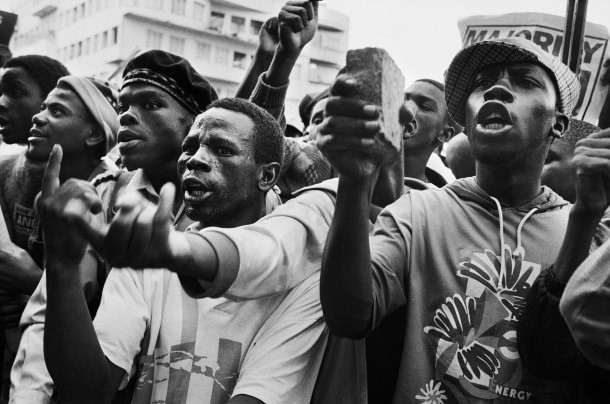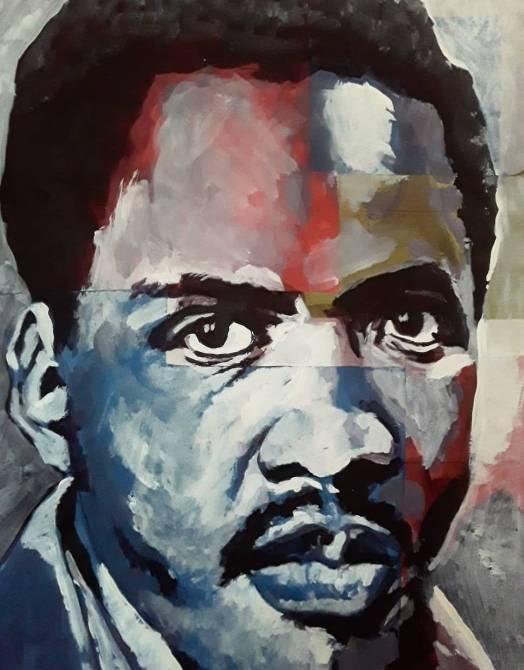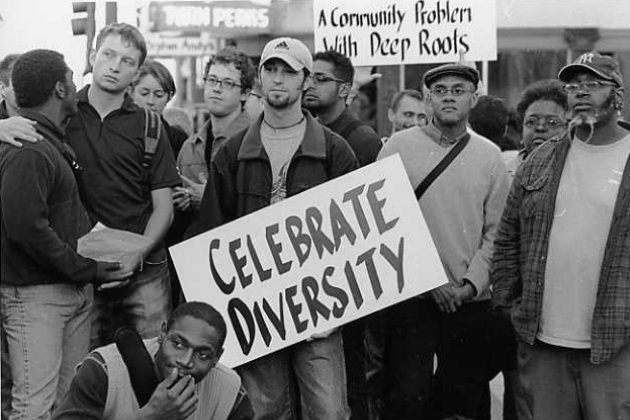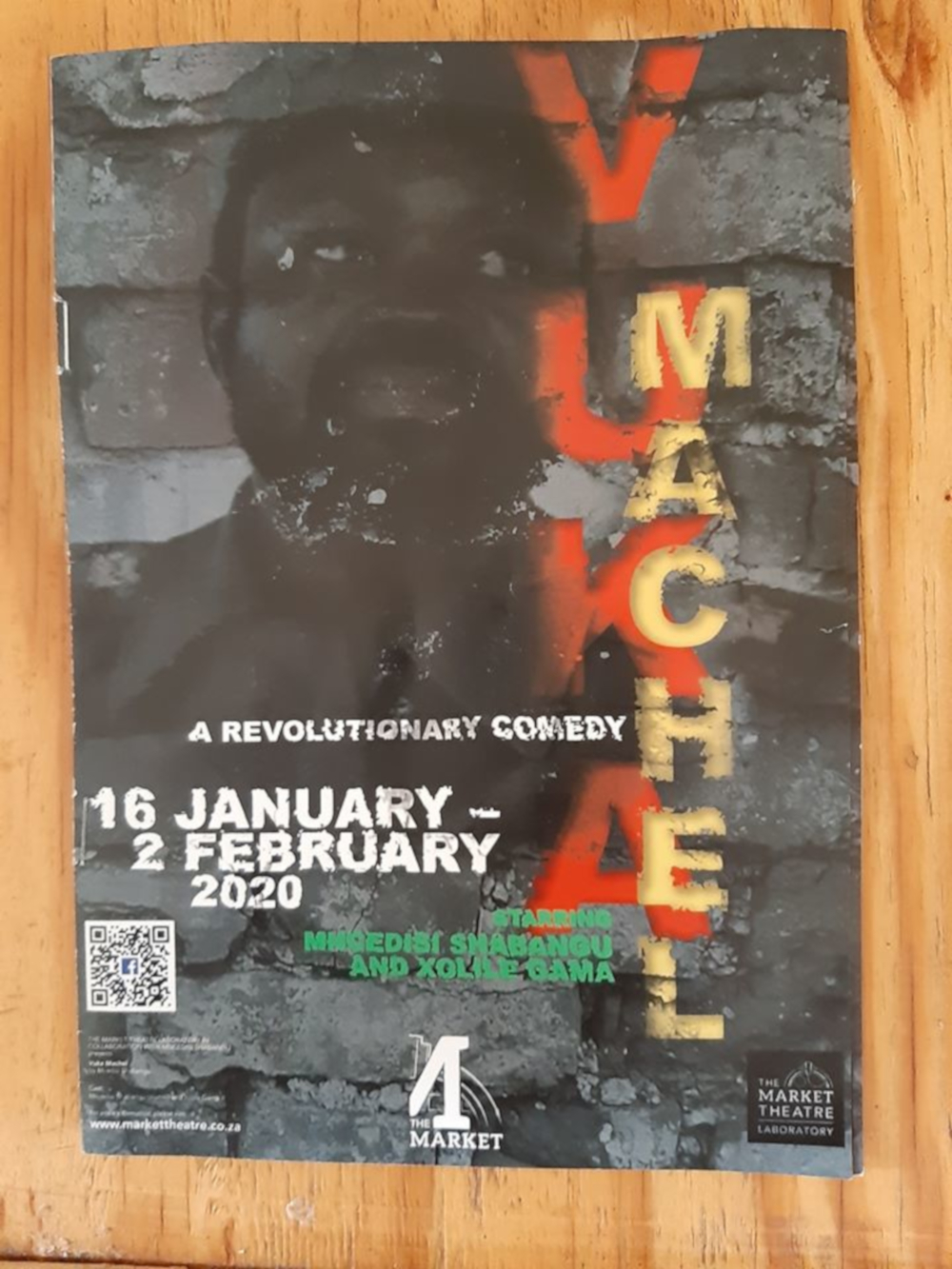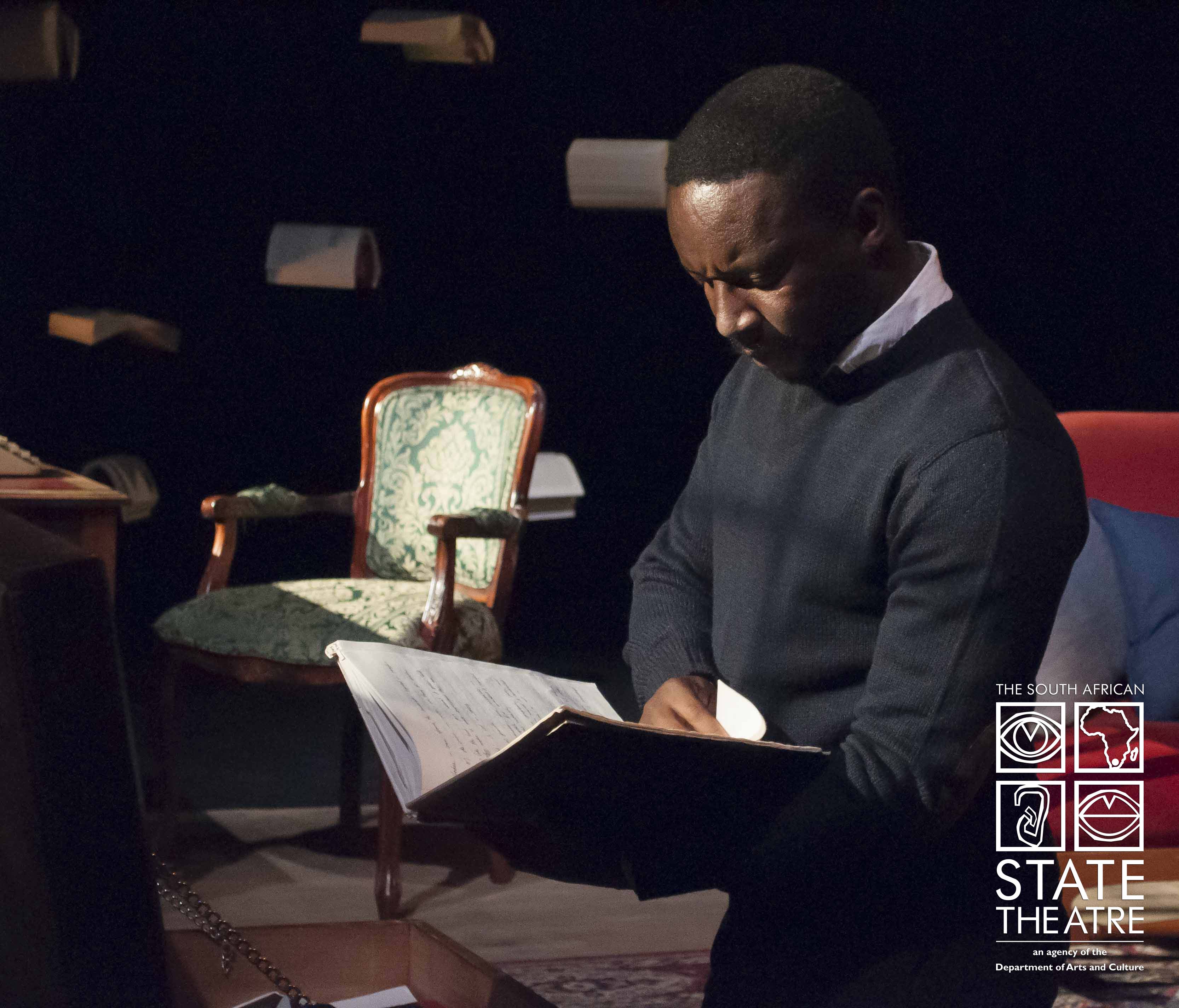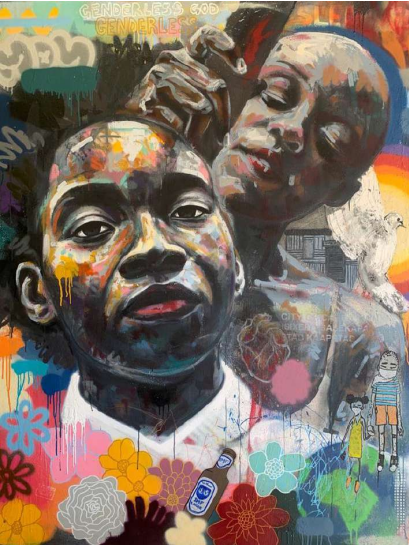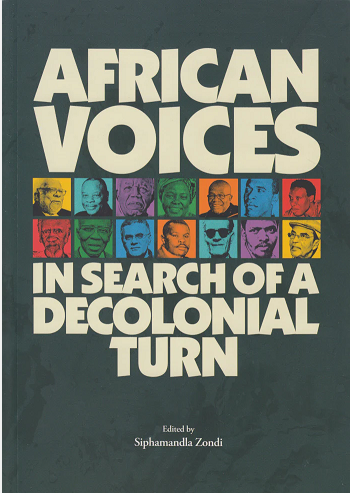The deepest longing for freedom, in our afflictions, in the hands of our race-enemies, has had us, in our cognitive dislocation, heap up for ourselves, through imagination that’s conveyed through unconsciousness belt of deracination, a make believe kind of way of seeing things as modelled in our reconfigured cognitive cartography through which we were psyched up to embrace the unreality of the phenomena of illusions for which the make believe elusive thinking mode provided the paradigmatic premise.
The illusive nature of the fictitious subversion, in the wishful mind of the enslaved, of an anti-Black spirito-cultural locomotive like Christianity brought about concepts like Black Theology, which I argue, is simply painting white spirito-cultural gaze with black paint. This has made our attempted definitions of Self and Being analogous to white paradigms as our primary frame of reference in how we relate with ourselves and the world. Separating the kernel from the husk and either retaining the kernel with your imaginary husk or retaining the husk with your own imaginary kernel is clearly symptomatic of the disabled capacity to locate one’s self, autonomously, in time and space.
Churches themselves are inherently castratory to the Black Psyche. Strangely, a Black Consciousness stalwart, Prof. Itumeleng Mosala, says, in this year’s (2020) June 16 intergenerational dialogue with Andile Mngxitama, including Dr. Nchaupe Mokoape as his co-panellist:
“Black Theology did not start in church. It started in the Black Consciousness Movement. The church is one of the integral parts of the colonial system that needs to be liberated”.
As the conversion went on Prof. Mosala added by saying “It is only through Black Consciousness that you can find the word of God in the Bible”, and that the Bible simply needed to be cleaned up of the “noisy data”. What does using BC to find the word of God in the Bible mean? What does cleaning it up mean? And which paradigm foregrounds what he calls “God”? It sounded more like arguing for the selective and utilitarian use/reading of the Bible than throwing it away.
Black Theology, Prof. Mosala seems to be suggesting, serves to revive the hope in the Bible as the source of our liberation when he says: “Black Theology starts by cleaning up the Bible to liberate it so that it can liberate us”.
I argue that anything that places us outside our spiritual cosmology disables our capacity to locate ourselves in time and space. Spirituality and worldview are inseparable.
Haven’t you asked yourself why we are the only people with a dichotomous and ambivalent way of approaching life?
All of these abstract, a-contextual and elusive references to “God” by Black people, in the most trying time of a race war we’ve ever been in, are a colossal futility. If there’s any “God” to go by, let that “God” be Black! And I’m not taking about the black painted white “God” of Black Theology here!

So-called Black Theology has done nothing but helped tighten the chains of our spiritual oppression. It is an aversion to true African indigenous deep thought/spirituality. Biko’s diplomacy with the clergy had gone too far. You can’t swim in the pool of Abrahamism. What is Black about your Black Consciousness? What is African about your Pan-Africanism? Please stop making our Warrior Ancestors analogous to Jesus! This is exemplified in what James Cone, the popularly acclaimed “Father of Black Liberation Theology”, says in his work, God of the Oppressed.
“Jesus is who he was, Jesus is who he is, and Jesus is who he will be. Jesus was a Jewish man whose ministry was aimed at liberation of oppressed people 2000 years ago—and we encounter that same man today as the risen Lord who is present to us in our struggles. Not just any risen Lord, but one who is Black. Christ comes into the world and takes on the quality of Blackness (along with all of the oppression that Blackness carries with it), countering the sin of racism by becoming one who suffers from it. But he is also Black symbolically—and in that sense, he is present wherever there is human suffering.
“Our encounter with Jesus Christ frees us from sin, death, and the devil. But it does so in a way that’s inherently political. It’s also eschatological. As the power of the historical Jesus irrupts into the present to bring a salvation that flows into political action, so does the power of the future Christ irrupt into the present, binding faith with action through hope. In other words, salvation has multiple dimensions. It works against the structures that oppress, particularly white supremacy in all of its forms. This reality doesn’t strip the crucifixion and resurrection of their power to save, but it redefines the meaning of salvation”.
The Biko Black Christians Won’t Quote
Biko on Christianity
"...the white God has been doing the talking all along and that the time had come that the black God will have to raise his voice and make Himself heard over and above the noises from His counterpart.”
“I would like to remind the black ministry and indeed all black people that God is not in the habit of coming down from heaven to solve people’s problems on earth.”
Elsewhere Biko calls Christianity a “cold cruel religion” whose early proponents preached “a theology of the existence of hell, scaring our fathers and mothers with stories about burning in eternal flames and gnashing of teeth and grinding of bone. This cold cruel religion was strange to us but our forefathers were sufficiently sacred of the unknown impending danger to believe that it was worth a try. Down went our cultural values!”
" … We did not believe that religion could be featured as a separate part of our existence on earth. It was manifest in our daily lives … We would obviously find it artificial to create separate occasions for worship. Neither did we see it logical to have a particular building in which all worship would be conducted. We believed that God was always in communication with us and therefore merited attention everywhere and anywhere. It was the missionaries who confused our people with their new religion. By some strange logic they argued that theirs was a scientific religion and ours was mere superstition … They further went on to preach a theology of the existence of hell, scaring our fathers and mothers with stories about burning in eternal flames and gnashing of teeth and grinding of bone. This cold cruel religion was strange to us but our forefathers were sufficiently sacred of the unknown impending anger to believe that it was worth a try. Down went our cultural values! Yet it is difficult to kill the African heritage” (in 'I Write What I like' Stubbs, Aelred ed 1978:49).

